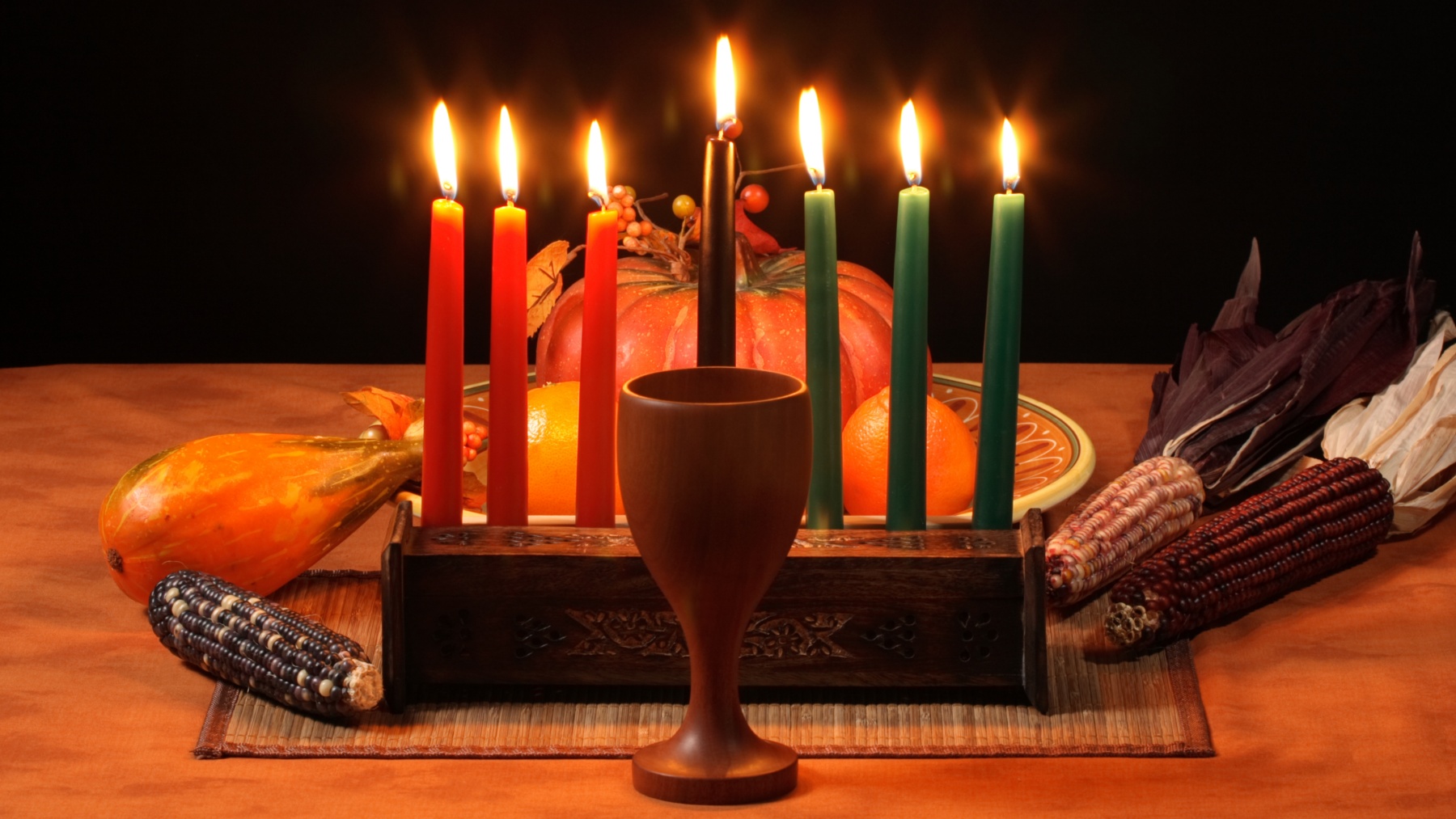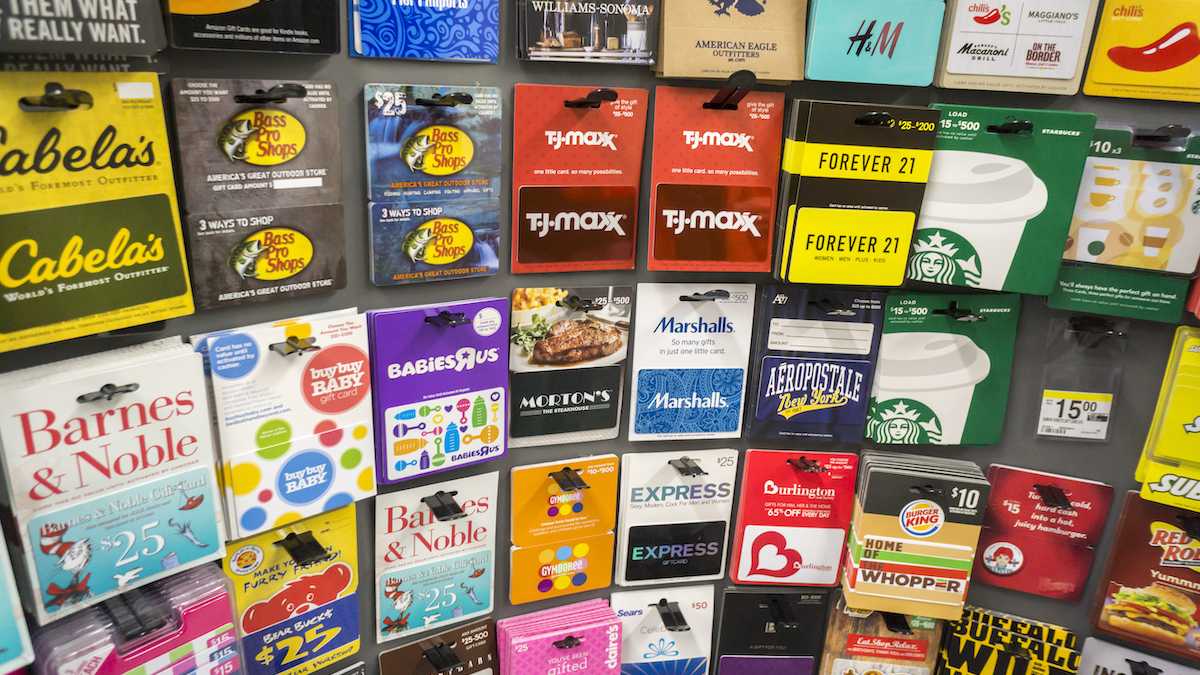A parade in South Los Angeles and festival will mark the start of Kwanzaa Tuesday in Southern California.
The 47th edition of what organizers say is the world's oldest Kwanzaa parade is scheduled to begin at 11 a.m. to kick off the seven-day festival. The Kwanzaa Gwaride will start at Adams and Crenshaw boulevards, then head south on Crenshaw Boulevard for two miles to Leimert Park for a festival.
Pasadena's 35th annual Kwanzaa celebration will begin at 11 a.m. Wednesday at the Jefferson Branch Library and include music, storytelling and youth presentations.
Get Southern California news, weather forecasts and entertainment stories to your inbox. Sign up for NBC LA newsletters.
A Kwanzaa celebration will also be held at the African American Cultural Center of Long Beach from 5 p.m. to 8 p.m. Wednesday. Admission is $10.
A free Kwanzaa celebration will be held at Ovation Hollywood from 1 p.m. to 4 p.m. Saturday. The celebration in the Center Courtyard of the shopping complex formerly known as Hollywood & Highland will include a performance by a dance and drum troupe and cookie decorating.
In his annual founder's message titled "Kwanzaa, Freedom, Justice and Peace: Principles and Practices for a New World," Dr. Maulana Karenga wrote, "Among all the goods that are granted, given and gained through ceaseless striving and righteous and relentless struggle, we wish, especially for our people and all other oppressed and struggling peoples of the world, the shared and indivisible goods of freedom, justice and peace, deservedly achieved and enjoyed and passed on to future generations."
Karenga is chair of Africana Studies at Cal State Long Beach, which created Kwanzaa in 1966.
Kwanzaa's focus is the "Nguzo Saba," the Seven Principles, all of which are Swahili words derive from. Each night is dedicated to one of the principles.
During the week, a candelabrum called a Kinara is lit, and ears of corn representing each child in the family are placed on a traditional straw mat.
Foods such as millet, spiced pepper balls and rice are often served. Some people fast during the holiday and a feast is often held on its final night.
A flag with three bars -- red for the struggle for freedom, black for unity and green for the future -- are sometimes displayed during the holiday.
Kwanzaa is based on the theory of Kawaida, which espouses that social revolutionary change for Black America can be achieved by exposing Black people to their cultural heritage.



